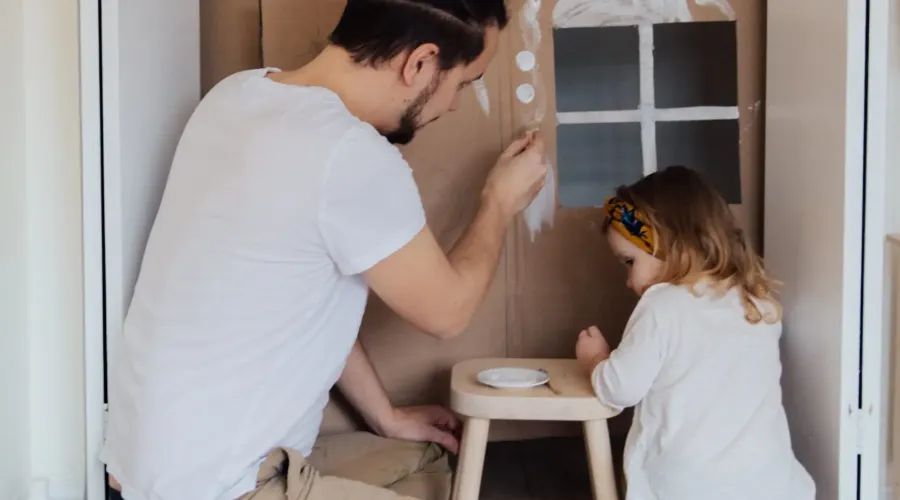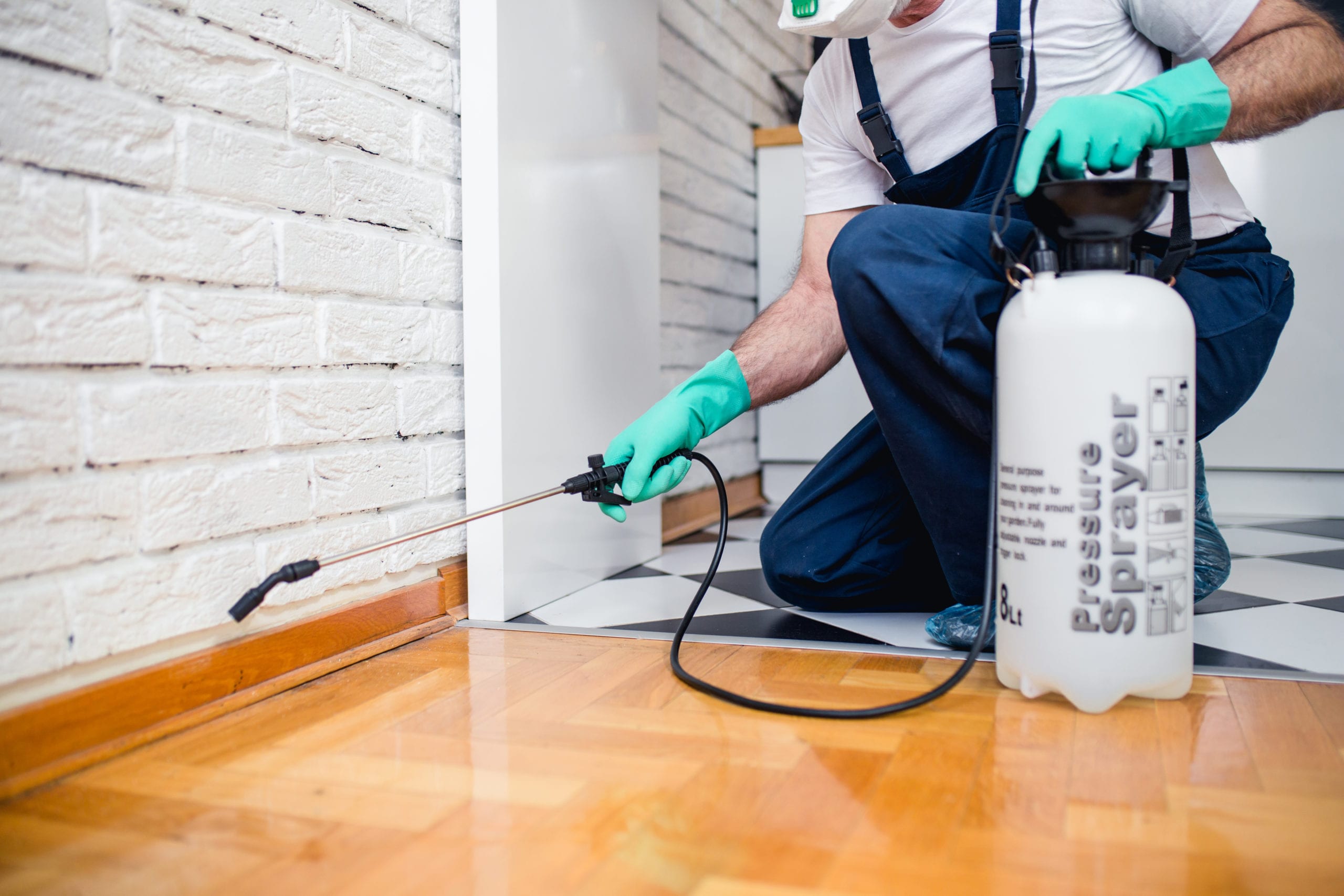Introduction
In our culture, there’s a lot of pressure on parents to be perfect. We’re supposed to raise well-rounded, successful children while also maintaining our own lives and careers. It’s a lot to handle, and it’s no wonder that so many parents end up feeling overwhelmed. But what if we told you that you don’t have to be perfect to be a good parent? In fact, sometimes the best thing you can do for your children is to not try so hard. In this blog post, we explore the concept of anti-parent parenting and how it can benefit both you and your kids.
Welcome to Dad and Buried, a blog about anti-parent parenting. Here you’ll find posts about the joys and challenges of raising kids without following the traditional “parenting” model.
I started this blog because I was tired of feeling like a failure as a parent. I felt like I was constantly being told that I was doing things wrong and that I wasn’t giving my kids the best possible life. But you know what? Screw that.
I’m not going to Parenting Magazine or Dr. Spock for advice on how to raise my kids. I’m going to do what feels right for us, and I’m going to write about it here. Hopefully, my experiences can help other parents who feel like they’re struggling.
So whether you’re looking for tips on how to deal with a picky eater, or just want to commiserate with someone who’s been there, you’ve come to the right place. Welcome!
What is Anti-Parent Parenting?
We’ve all heard of helicopter parenting, right? That’s when parents are so over-involved in their children’s lives that they hover around them constantly, never giving them a chance to grow up and learn on their own. Well, anti-parent parenting is the polar opposite of that.
With anti-parent parenting, parents take a hands-off approach and let their kids do whatever they want, whenever they want. There are no rules, no boundaries, and no consequences. Basically, it’s like being raised by wolves.
Now, you might be thinking, “That doesn’t sound so bad! My kids would love that!” And sure, your kids might enjoy it in the short term. But in the long run, this approach is actually incredibly harmful to both children and parents.
Why? Because without any structure or guidance, kids will quickly become unruly and out of control. They’ll also start testing their limits and pushing against boundaries – which is where the real problems begin.
Not only that, but this type of parenting will eventually lead to resentment and bitterness on both sides. The parent will feel like they’re doing all the work while the child gets to have all the fun, and the child will feel like they’re not being given enough attention or support. It’s a lose-lose situation for everyone involved.
So if you’re considering taking an anti-parenting approach with your kids, think again. It might
The Pros and Cons of Anti-Parent Parenting
There are a lot of different parenting styles out there, and it can be hard to decide what’s best for your family. You might be considering “anti-parent” parenting, which is a style of parenting that tries to minimize the amount of time and energy parents spend on their children.
The idea of “anti-parent parenting” is a controversial one, and there are definitely pros and cons to the approach. On the pro side, anti-parent parenting can lead to more independent, self-sufficient children. This can be a good thing in terms of both academic performance and future success in life. Additionally, kids who are raised with an anti-parent parenting style may be less likely to develop behavioral problems.
On the con side, some people argue that anti-parent parenting can be detrimental to children’s emotional development. Without the guidance and support of parents, they may have difficulty forming attachments and may struggle with anxiety and other emotional issues. Additionally, kids who are raised with an anti-parent parenting style may be more likely to rebel against authority figures and engage in risky behavior.
So, what’s the verdict? There is no right or wrong answer when it comes to whether or not to adopt an anti-parent parenting style. It ultimately comes down to what you as a parent feel comfortable with and what you think will work best for your child.
There are some pros to this type of parenting. First, it can free up parents’ time so they can focus on other things, like their careers or hobbies. Second, it can help parents to feel less stressed and more fulfilled. And third, it can give children more independence and responsibility, which can be good for their development.
There are also some cons to anti-parent parenting. First, it can be tough to find balance – you don’t want to neglect your child, but you also don’t want to overdo it. Second, this style of parenting can sometimes backfire; if children don’t feel loved and supported, they may act out in negative ways. And third, anti-parenting isn’t for everyone – some parents simply prefer a more hands-on approach.
So, what do you think? Is anti-parent parenting right for you? Only you can decide that – but hopefully, this article has given you something to think about!
How to Be an Anti-Parent Parent
It’s no secret that I’m not a big fan of parenting. I think it’s overrated, overhyped, and generally just a giant pain in the ass. So it should come as no surprise that I’m an anti-parent parent.
If you’re not familiar with the term, “anti-parenting” is basically the opposite of traditional parenting. It’s a more relaxed, hands-off approach that puts the focus on the child rather than the parent.
So how do you be an anti-parent parent? Well, there are a few things you can do:
1. Don’t sweat the small stuff.
This is probably the most important thing. As an anti-parent parent, you need to be able to let go of the little things and not sweat them. Because at the end of the day, they really don’t matter.
2. Be flexible.
Another important thing is to be flexible with your parenting style. If something isn’t working, don’t be afraid to change it up and try something new. There is no one right way to parent, so find what works for you and your family and go with it.
3. Listen to your kids.
This is something that all parents should do, but it’s especially important for anti-parent parents.
Conclusion
I think the biggest takeaway from this article is that parenting isn’t one size fits all. There is no single right way to parent, and what works for one family might not work for another. The best way to find out what works for you is to experiment and be open to trying new things. Don’t be afraid to ask for help when you need it, and most importantly, don’t be too hard on yourself. Parenting is tough enough without beating yourself up over every little thing. Thanks for reading!


 A Comprehensive Guide
A Comprehensive Guide  Vengeance From a Saint Full of Wounds Spoilers: A Story of Redemption and Revenge
Vengeance From a Saint Full of Wounds Spoilers: A Story of Redemption and Revenge  Our Tyrant Became Young Spoiler: A Journey of Redemption and Heroism
Our Tyrant Became Young Spoiler: A Journey of Redemption and Heroism  What is Trey Smith’s net worth?
What is Trey Smith’s net worth?  Skill Termite Exterminator Enhancing Your Business with Top Notch Pest Control Services
Skill Termite Exterminator Enhancing Your Business with Top Notch Pest Control Services  Know Youtube Code /dhne2zkrxq8, /owyttvzkpjq,/5ax0kflgous
Know Youtube Code /dhne2zkrxq8, /owyttvzkpjq,/5ax0kflgous